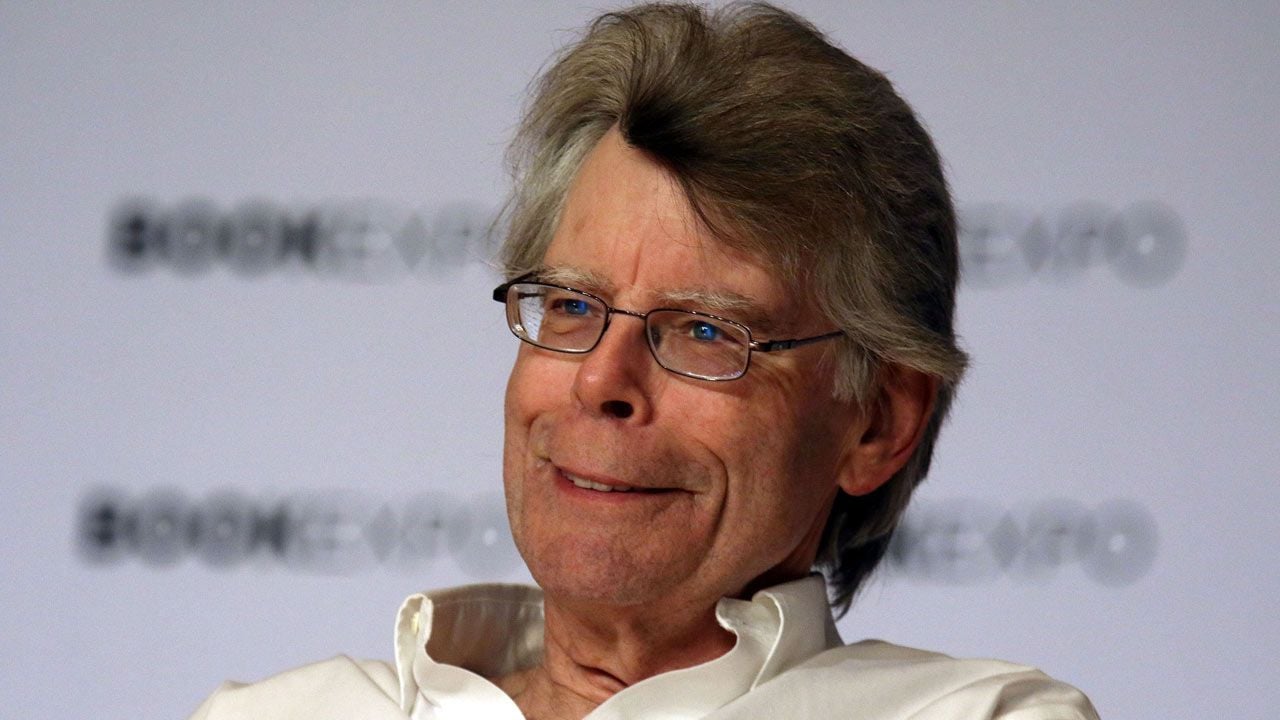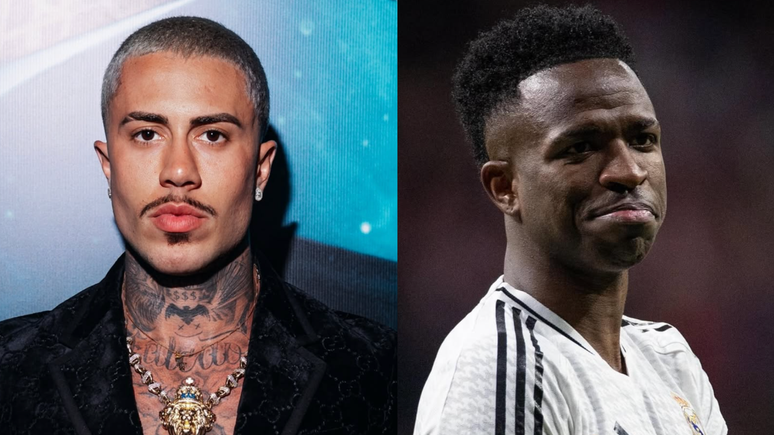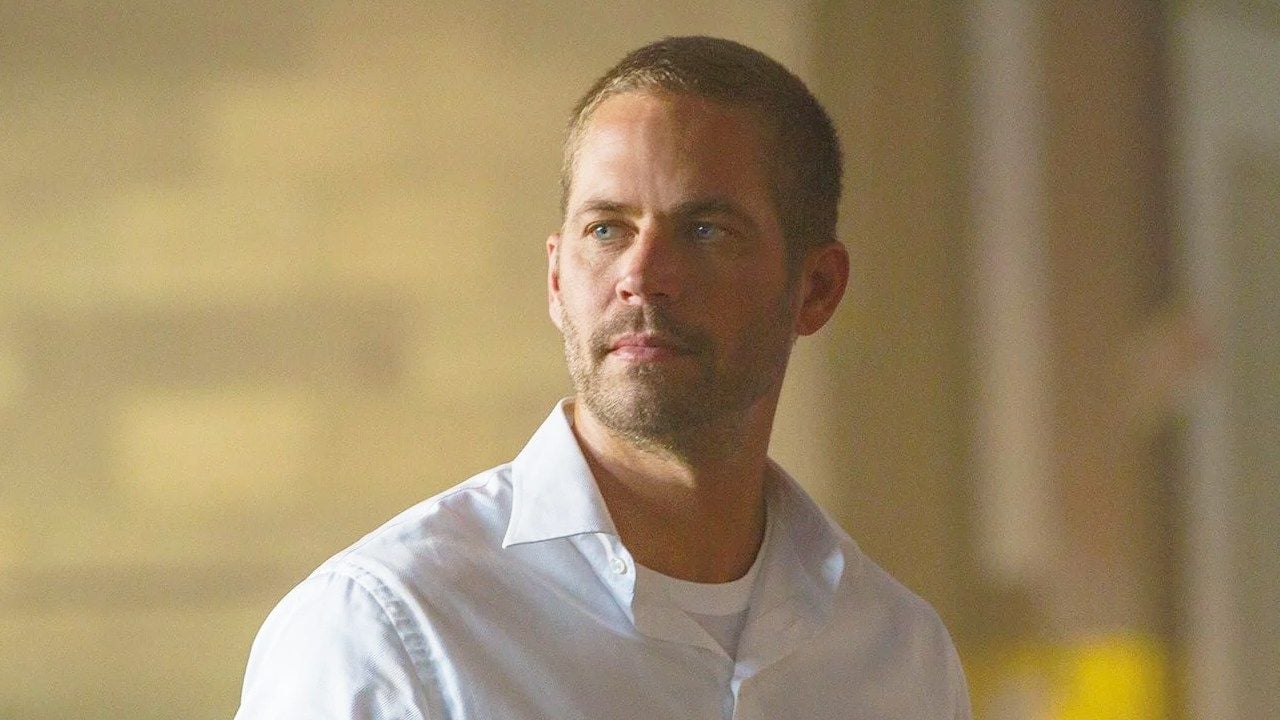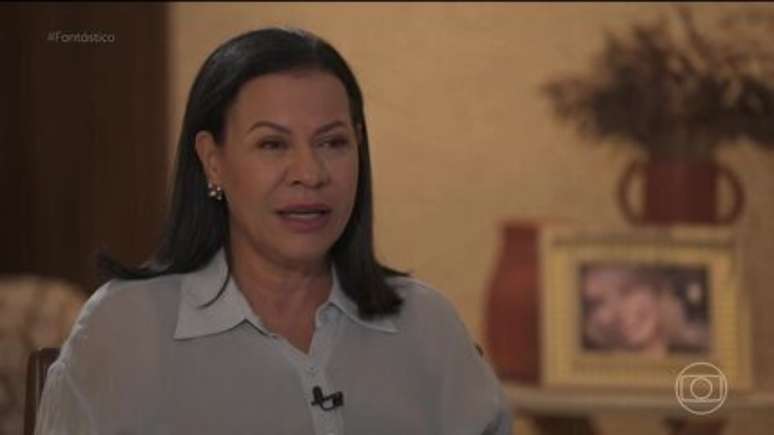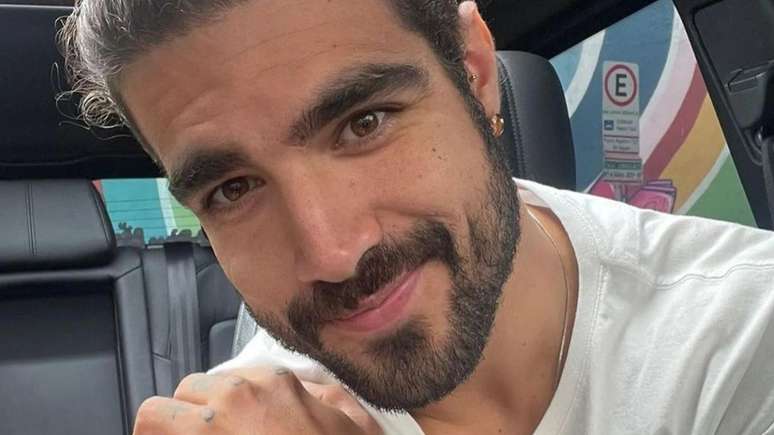According to electoral legislation, even if well positioned in the polls, candidates from parties that do not have a minimum representation in the National Congress do not need to be invited.
According to the electoral law, radio and television broadcasters are not obliged to invite all candidates registered with the Electoral Tribunal to participate in debates. Only candidates of parties that have a minimum representation of five MPs in the National Congress must receive a press invitation.
At the center of the confusion in recent meetings between candidates for mayor of São Paulo, influencer Pablo Marçal, for example, may or may not have been invited to the clashes. Despite ranking among the top three in major polls on voting intentions, Marçal is affiliated with the PRTB, which currently has no representative in the federal legislature.
As for debates produced and broadcast on the Internet, there are no established rules about who should be invited, and it is up to each site or channel whether to invite them or not, as well as signing agreements and dynamics with representatives of each campaign. The media, in general, establish journalistic criteria of public interest, such as a minimum percentage in the main polls on voting intentions, to call a candidate.
“Due to the lack of specific regulation, the debates produced on the Internet have adopted rules similar to those existing for television and radio,” explained electoral law specialist Acácio Miranda da Silva Filho. Although there is no obligation, if the organizers fail to call one of the candidates of the parties represented in Congress, he or she may file a lawsuit in the Electoral Court demanding the right, according to the expert.
In the debate promoted by the YouTube channel FlowOn the night of this Monday 23rd, which ended with Marçal’s expulsion for disobeying previously established rules, the production followed the same invitation guidelines adopted by the news programs.
In São Paulo, a total of 11 meetings are scheduled until October 6. Although ten politicians were running for mayor of the capital São Paulo, not all of them were invited to attend the meetings. This is the case of deputies Bebeto Haddad (DC), Altino Prazeres (PSTU) and Ricardo Senese (UP), who follow the rule on the minimum number of seats occupied in Congress. The three also have low voting intention rates in electoral polls, which means they do not meet the criteria adopted internally by the vehicles.
In the first debate held during this year’s election period, TV BandFor example, the Novo party’s candidate, Marina Helena, was not summoned. By the deadline set by the Electoral Court, July 20, the party did not have the minimum representation in Congress, which it achieved only on August 3, after federal deputy Ricardo Salles (SP) joined the party last week.
If an invited candidate refuses to attend the meeting, the election rules allow the debate to take place without the candidate’s presence, provided that the responsible vehicle demonstrates that the invitation was sent at least 72 hours before the debate.
There may also be cases where multiple candidates may be invited, due to the rule of representation in Congress. In these cases, if the debate organizer understands that the dynamic may not be productive, multiple debates may be held, with groups of at least three candidates.
Follow ‘Estadão’ on social media
Source: Terra
Rose James is a Gossipify movie and series reviewer known for her in-depth analysis and unique perspective on the latest releases. With a background in film studies, she provides engaging and informative reviews, and keeps readers up to date with industry trends and emerging talents.


